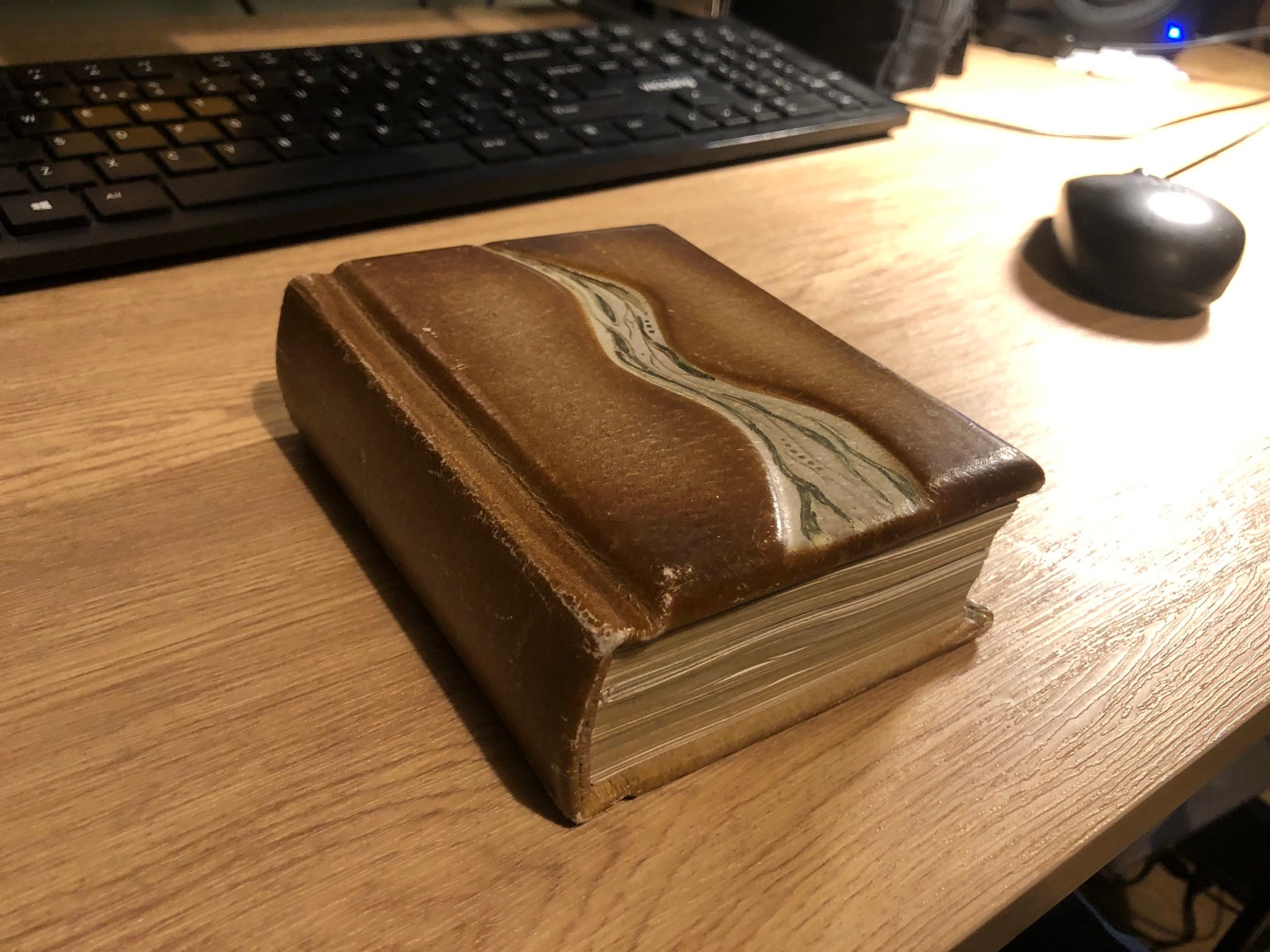Trust is vital. It plays a critical role in underpinning relationships that help all of us succeed together.
It’s what makes it possible for a senior leader to sit down with a coach and explain for the first time to anyone just how he suspects his new boss is trying to manage him out of the organisation he’s loved working for all of his career. Trust is the goal that makes the challenge of rebuilding a connection with a distant family member. Trust is what causes a smile to spread across the face of a young boy when his father tells him he’ll not only get the materials to build the scale model Threepio but he’ll help build it too.
But trust is a fragile commodity too. It is easily damaged and phenomenally difficult to put back together again. It’s damaged when politicians at best don’t follow through on their promises (or at worst repeatedly and habitually lie). It’s eroded those called out for wrongdoing hide behind spurious or spiteful claims or deploy distraction or deflect blame. Trust feels like its been trampled on when the boy finally realises Threepio is never going to be made because the materials haven’t been ordered.
In our most challenging moments, we are confronted with both the value and the cost of trust. It is critical. In possession of it, we fly. Without it we stumble and misfire, damaging our mandate and distancing ourselves from our network.
A lack of trust makes the world a lonely hostile place, one populated by suspicion, scepticism or doubt. It makes us more circumspect, judicious and rigorous in where we place our trust.
The goal then is to rebuild trust – a challenge far greater than the goal we were pursuing in the first place. The process can’t be hurried (assuming it can be regained at all). There are no quick wins. We are expected to be patient, needing to draw ever more self-assurance, readying ourselves for the moment when all of a sudden, with no warning, we’re able to confirm that trust has been restored.
But this pursuit of trust demands a leap of faith. Risk-taking demands courage. To be a leader of a country, an organisation, a family or oneself is to accept the critical role that trust plays in establishing and maintaining relationships. Not only do we need to rebuild it we have to ensure we don’t lose it again if we take our eye off the ball.
Without trust, we simply cannot lead our country, our organisation, our family or ourselves. Yet to lead also involves accepting that success will, by definition, only come from experiencing failure. Accepting that failure is part of pursuing trust, requires resolve. Resolve demands effort. Effort is the sticking point.
In her book Dare to Lead Brene Brown introduces a useful acronym for building trust – BRAVING – representing Boundaries, Reliability, Accountability, Vault (manifesting confidentiality and being seen to as well), Integrity, Nonjudgment, and Generosity.
It’s a useful checklist, though not one I am confident I adhere to in the most challenging situations often fail. Where my attention rests however is on Integrity, a term Brown defines as: ‘choosing courage over comfort’ – doing what’s difficult rather than shortcutting to what’s easy. It’s something I’m getting more and more comfortable with as I get older, but I do really wish I’d started on it earlier in life.
In the past fortnight, I’ve observed three types of trust damaged.
Trust eroded by politicians
First, trust eroded by political leaders whose failure to manifest trustworthiness has exposed their true motivations and their lack of willingness to demonstrate integrity. How can I trust a leader who is happy to avoid his responsibilities, favouring personality over integrity? How can I trust any of his or her peers if they too don’t manifest similar behaviours? Are we really saying that is perfectly acceptable to lie and then when challenged to lie further in order to get away with it?
The leader who fails to follow through
In my working life, I’ve become more aware of those who fail to follow through on their promises – individuals unwittingly self-sabotaging their personal brand with unhelpful behaviours that contradict the image of leadership they seek to project. How can I trust someone whose actions or lack of actions mean they’re not embodying the very attributes they seek to develop in others? If your behaviour is congruent with the image you project, what else is there to you?
Blame instead of responsibility
On a more personal level, others have gone on the attack, hiding behind spurious and spiteful claims, distracting with chaff or blaming others, simply because they know they’ve been called out on something they’re terrified to step up and take responsibility for.
“Sit with it”
In all of these situations, it would be easy to follow the shortcut, to wrap my arms around and seek the comfort of rage and indignance. The difficult thing to do is that which one of my oldest friends frequently encourages me to do – to sit with the three scenarios I’ve just described and look them squarely in the eye. To spend time looking with curiosity at the events and the feelings they arouse.
These feelings are heavy. An absence of trust is a weighty thing to carry around. It slows movement down, slowly grinding progress down to a complete stop.
A therapist friend of mine has an additional tool to deploy when looking at the feelings that arise: identifying where in the body this feeling is felt. In my case, it is the right-hand side of my chest – a sharp pain that penetrates from deep inside out of the top layer of my skin. From the aching wound, I imagine blood pouring out. This graphic visualisation serves an important purpose (even if it does seem counter-intuitive) by helping us sit with events and their consequent actions – this a way of laying the feeling to rest, in a bid to reduce its power and move on. Seemingly simple acts require courage to bring about but do in the long run pay dividends.
The first step in regaining trust then, it seems to me, is to accept the absence of it. To get a feel for the echo of an empty room, the chill on the air, or the distance we now have to travel. Only by recognising the weight of its absence can we embark on a plan for rebuilding it.


